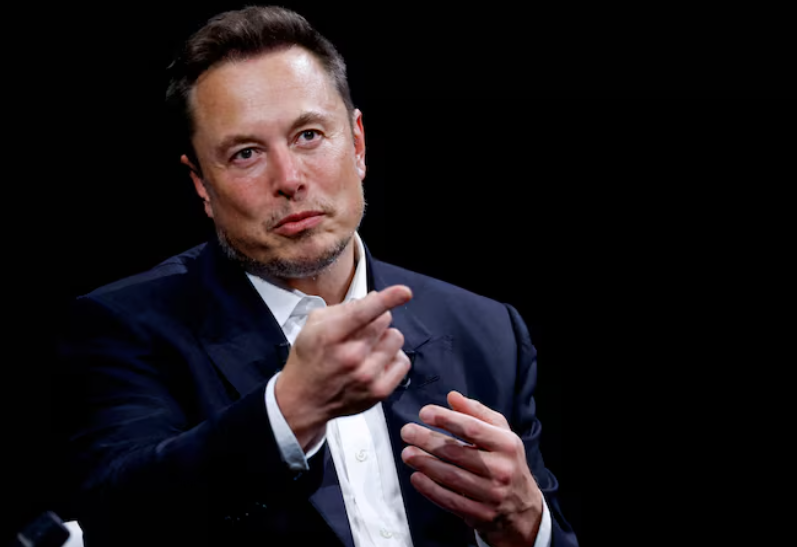A federal appeals court on Friday seemed unlikely to overturn a jury’s verdict that cleared Tesla CEO Elon Musk and his company of liability regarding allegations that they misled investors. This case stems from Musk’s 2018 social media post claiming he had “funding secured” to take Tesla private.
During oral arguments at the San Francisco-based 9th U.S. Circuit Court of Appeals, Nicholas Porritt, the attorney for Tesla investors, argued that the trial judge’s instructions to the jury were flawed and confusing. He contended that these issues impacted the jury’s February 2023 verdict.
Porritt claimed the jury instructions incorrectly suggested that the plaintiffs needed to prove Musk knowingly made false statements in his tweets on Twitter, now called X, following Musk’s $44 billion acquisition of the platform in 2022. He asserted that U.S. District Judge Edward Chen issued this flawed instruction despite previously ruling that Musk’s tweets were inaccurate and that he acted recklessly, which meant the plaintiffs did not need to prove Musk’s intent.
However, the three-judge panel expressed skepticism about this interpretation. U.S. Circuit Judge Gabriel Sanchez noted that the plaintiffs’ own proposed jury instructions were “not much different” from those given. Senior U.S. Circuit Judge Richard Clifton added that jurors had the option to assume Musk acted recklessly, emphasizing that the trial focused on whether the false statements were material and significant to investors.
Judge Clifton remarked on the difficulty of understanding the jury’s final decision, given they only had to deliver a simple general verdict on whether the plaintiffs proved their case against Musk. “How can we conclude there was prejudice if there’s such a plausible explanation for why the jury might have rendered a general verdict?” he asked.
Ellyde Thompson, Musk’s attorney from Quinn Emanuel Urquhart & Sullivan, argued that ample evidence supported finding her clients not liable based on materiality alone, asserting that even if an error occurred, it was harmless.
This case began in 2018 and relates to Musk’s tweets, which also led to a $40 million securities fraud settlement between Musk, Tesla, and the U.S. Securities and Exchange Commission later that year. The SEC probe and subsequent investors’ lawsuit followed Musk’s August 7, 2018 tweet in which he stated he was considering taking Tesla private at $420 per share, a 23% premium over the prior day’s closing price, and claimed he had “funding secured.”
That same day, he tweeted, “Investor support is confirmed.” Tesla’s stock price surged after these tweets but then declined after August 17, 2018, when it became clear the buyout would not occur. Shareholders accused Tesla and Musk of misleading investors, resulting in billions of dollars in losses. Musk’s legal team contended that his statement about “funding secured” accurately reflected the situation at Tesla and that there was no evidence he would have been unable to take the company private.
The case is Littleton v. Musk, 9th U.S. Circuit Court of Appeals, No. 23-16010.

